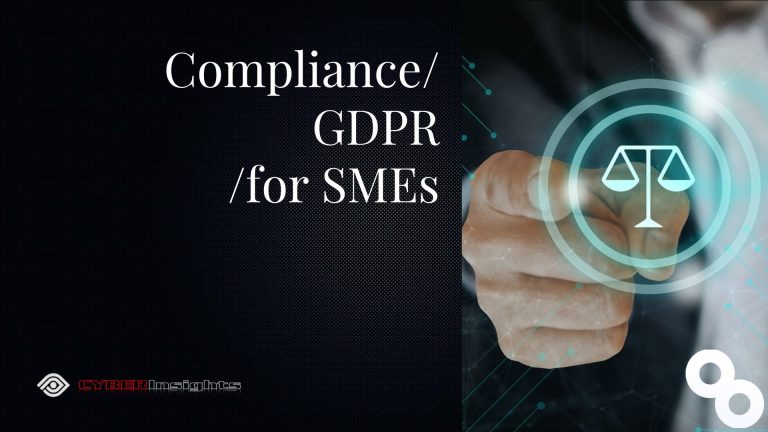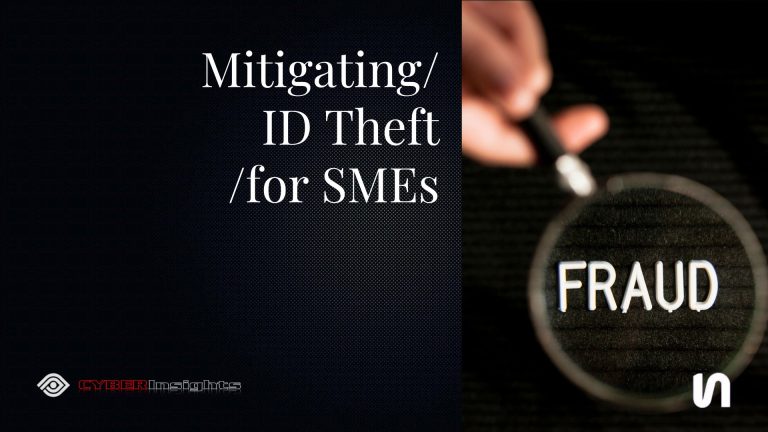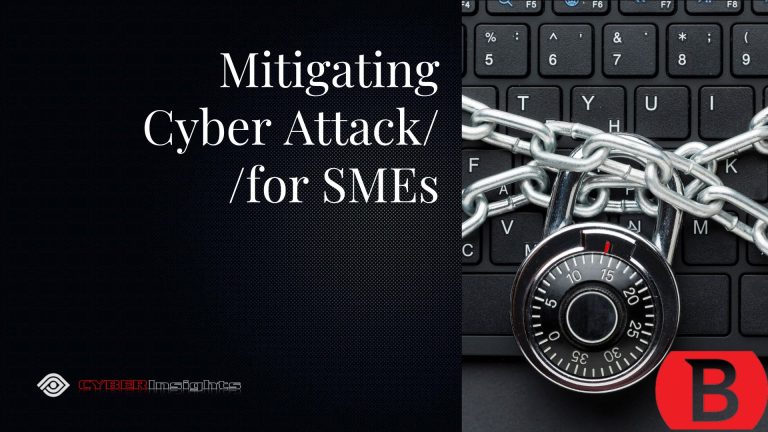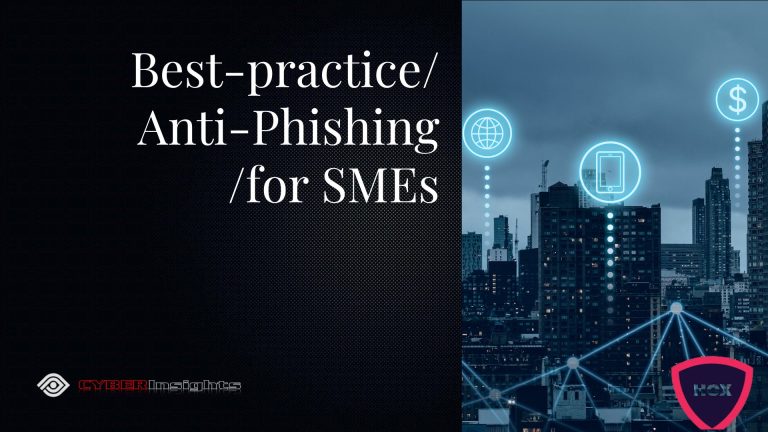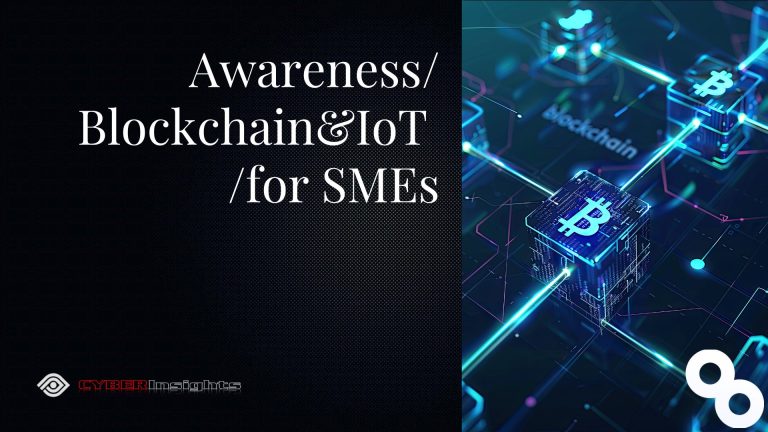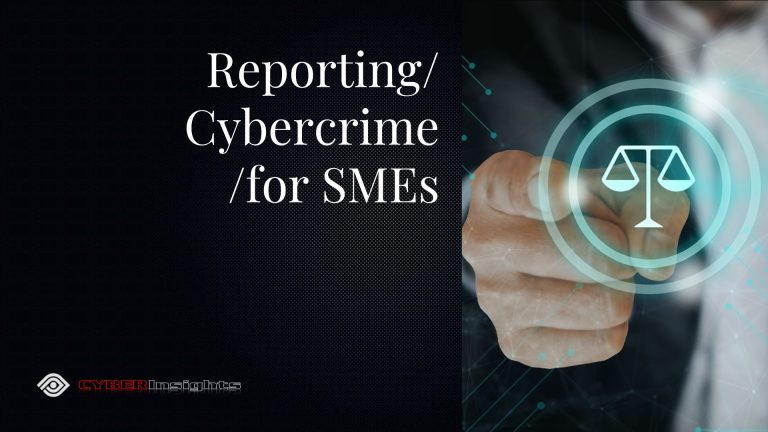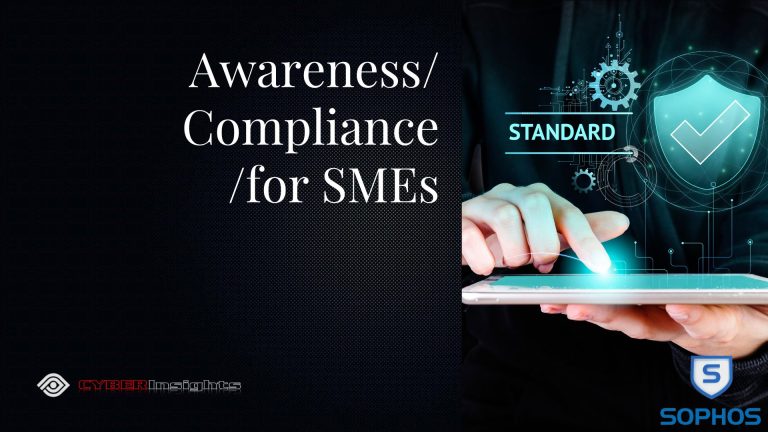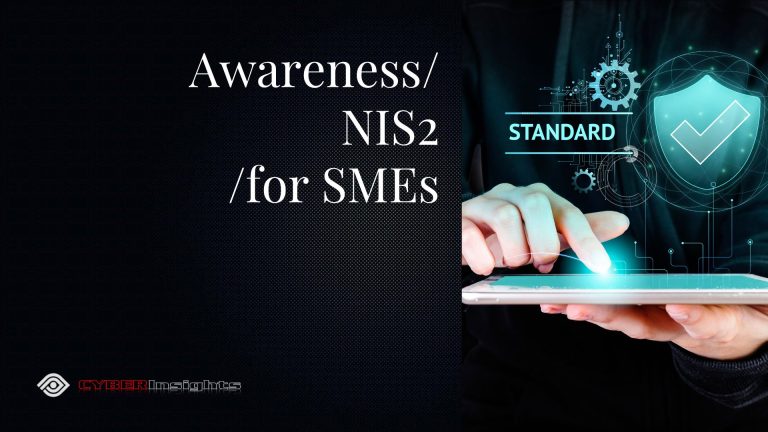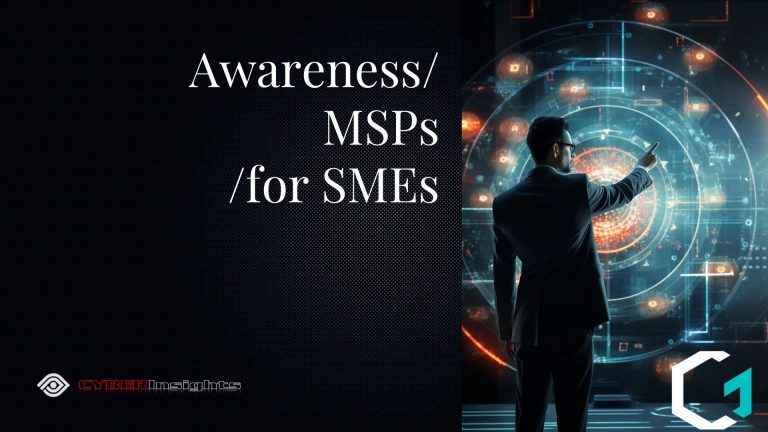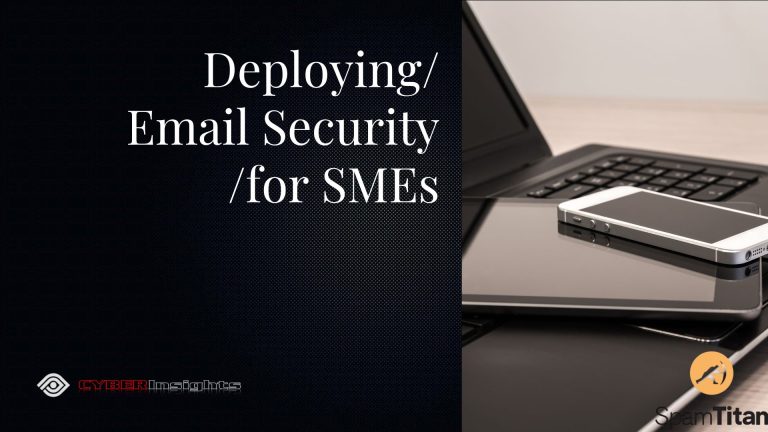CYBER INSURANCE: What is Cybersecurity Insurance? Essential Protection for SMEs
June 4, 2025Helping Keep Small Business CYBERSafe!
Gibraltar: Wednesday 04 June 2025 at 12:00 CET
What is SME Cybersecurity Insurance? Essential Protection for SMEs as increasing amount of UK Firms Cease Trading following Attack.
By: Iain Fraser – Cybersecurity Journalist
Published in Collaboration with: R3 Data Recovery
SMECyberInsights.co.uk – First for SME Cybersecurity
Google Indexed on 040625 at 13:20 CET
#SMECyberInsights #SMECyberAwareness #CyberSafe #SME #SmallBusiness
What is SME Cyber Insurance?
SME Cybersecurity Insurance is a specialized insurance policy that provides financial protection and expert support when small and medium enterprises experience Cyber-attacks, data breaches, or other Cyber incidents. This coverage is specifically designed to address the unique vulnerabilities and resource constraints that SMEs face in today’s digital threat landscape.
Why SMEs Need Cyber Insurance
Financial Vulnerability: SMEs typically lack the financial reserves to absorb cyber incident costs, which average £4,200 for micro businesses and £19,400 for small businesses in the UK according to government statistics.
Increasing Threat Landscape: 39% of UK businesses experienced Cybersecurity breaches or attacks in 2023, with SMEs being disproportionately targeted due to weaker security defenses.
Regulatory Requirements: GDPR fines can reach 4% of annual turnover, making Cyber Insurance essential for regulatory compliance protection.
Core Coverage Areas
First-Party Costs Covered
* Data Recovery and Restoration: Complete system rebuilding and data retrieval from backups
* Business Interruption: Lost revenue during system downtime and recovery periods
* Forensic Investigation: Professional incident response and breach investigation services
* Legal and Notification Costs: Mandatory customer notifications and regulatory reporting expenses
* Crisis Management: Public relations support to protect brand reputation
Third-Party Liability Coverage
* Data Protection Claims: Customer compensation for privacy breaches
* Regulatory Fines and Penalties: GDPR, ICO, and sector-specific regulatory sanctions
* Professional Liability: Claims arising from failure to protect client data
* Network Security Liability: Third-party damages from security system failures
Expert Support Services Included
24/7 Incident Response: Immediate access to certified Cybersecurity incident responders and forensic specialists.
Legal Expertise: Data protection lawyers specializing in UK Cybersecurity law and regulatory compliance.
Crisis Communications: Professional PR teams experienced in Cyber incident reputation management.
Cyber Risk Engineering: Proactive security assessments and vulnerability management programs.
Key Benefits for SMEs
Financial Security
Cyber Insurance transforms unpredictable, potentially business-ending costs into manageable, predictable insurance premiums, protecting cash flow and business continuity.
Expert Access
SMEs gain immediate access to enterprise-level Cybersecurity expertise typically beyond their budget, including incident responders, forensic investigators, and specialized lawyers.
Competitive Advantage
Cyber Insurance certification demonstrates security commitment to clients, suppliers, and partners, often becoming a requirement for B2B contracts and tender processes.
Regulatory Compliance
Insurance coverage helps meet increasing regulatory requirements while providing legal defence support for regulatory investigations and proceedings.
Coverage Exclusions and Limitations
Common Exclusions:
*Pre-existing security vulnerabilities
*Intentional criminal acts by employees
*War and terrorism (varies by policy)
*Unencrypted portable devices
*Social engineering attacks (may require additional coverage)
Policy Limits: Coverage amounts typically range from £100,000 to £10 million, with sub-limits for specific coverage types.
Choosing the Right Policy
Assessment Factors
1. Business Size and Revenue: Policy limits should align with potential loss exposure
2. Industry Sector: Healthcare, finance, and retail face higher risks and regulatory requirements
3. Data Sensitivity: Personal data processing requires enhanced coverage
4. Existing Security Measures: Better security often results in lower premiums
5. Third-Party Dependencies: Cloud services and supplier relationships affect coverage needs
Policy Features to Prioritize
*Broad Definition of Cyber Events: Includes Ransomware, social engineering, and system failures
*Retroactive Date Coverage: Protects against incidents that occurred before policy inception
*Regulatory Defence Coverage: Specific protection for ICO investigations and proceedings
*Business Interruption Extensions: Covers dependent business interruption and contingent business interruption
Implementation Best Practices
Security Requirements: Most insurers require basic security measures including endpoint protection, email security, multi-factor authentication, and regular data backups.
Risk Assessment: Annual Cyber risk assessments help optimize coverage and may reduce premiums through demonstrated risk management.
Incident Response Planning: Coordinating insurance coverage with incident response procedures ensures faster claim resolution and better outcomes.
Regular Policy Review: Cyber risks evolve rapidly, requiring annual policy reviews to maintain adequate coverage levels and terms.
Cost Considerations
Premium Factors:
*Annual revenue and employee count
*Industry sector and risk profile
*Existing cybersecurity measures
*Claims history and risk management practices
*Geographic location and regulatory environment
Typical Costs: Annual premiums typically range from 0.1% to 1% of annual revenue, depending on risk factors and coverage levels.
ROI Calculation: Consider potential incident costs (£19,400 average for small businesses) against annual premiums to evaluate cost-effectiveness.
Regulatory and Legal Context
UK Legal Framework: Cyber insurance intersects with GDPR, Data Protection Act 2018, Network and Information Systems Regulations, and sector-specific requirements.
Compliance Benefits: Insurance coverage can demonstrate due diligence in regulatory proceedings and may reduce regulatory penalties in some circumstances.
Contract Requirements: Many supply chain contracts now require Cyber insurance certification, making coverage essential for business development.
Future Considerations
Evolving Threat Landscape: AI-powered attacks, Supply Chain vulnerabilities, and IoT security risks are driving policy evolution and new coverage requirements.
Regulatory Changes: Anticipated UK Cybersecurity legislation may increase insurance requirements across sectors.
Market Trends: Growing insurer sophistication in risk assessment is leading to more precise pricing and coverage tailored to specific SME needs.
UK Small Business Owner? Join SMECyber Free Now! & Access the SME Cyber Forum – Read, Learn, Engage, Share …
The Latest SME Cybersecurity News, Threat Intelligence & Analysis, Timely Scam Alerts, Best-practice Compliance, Mitigation & Resources specifically curated for UK Based SMEs in a Single Weekly Email direct to your Inbox or Smart Device together with Unrestricted Free Access to our entire SME Cyber Knowledge & Tutorial Library.
Lost your data? Don’t panic. R3 can help! Real data recovery services from a real UK lab!
Data loss can happen at any time and can happen in the most unexpected ways. As long as your device hasn’t been stolen R3 can recover your data from the most unlikely disasters. From their wholly secure state of the art Recovery Lab they can deploy the very best data recovery service as quickly as possible. Their technicians are among the best in the sector and can recover lost data from hard drives, RAID arrays, Flash Memory devices like USB Memory Sticks, SD Cards and SSD hard drives. Their “clean room” lab facilities are beyond compare, reaching a class leading ISO 3 standard. If you have been the victim of a Ransomware Attack or Lost Valuable Data R3 data recovery provide cost-effective data recovery solution – Fast! #CyberInsights #CyberSecurity #CyberAttack #CyberAwareness #CyberSecurityAwareness #SME #SmallBusiness #SmallBusinessOwner #Ransomware #RansomwareRecovery #DataLoss #DataRecovery #R3


